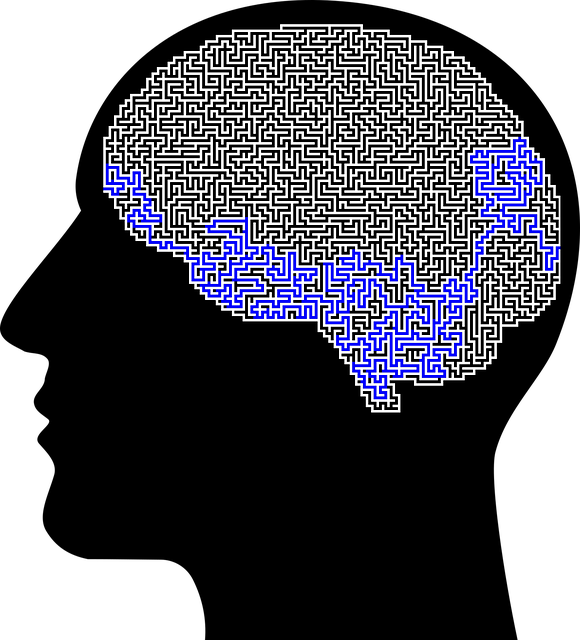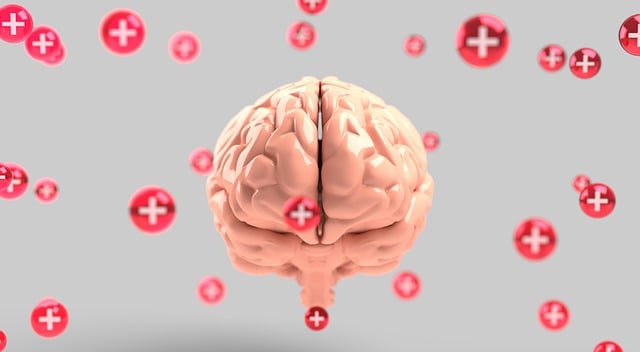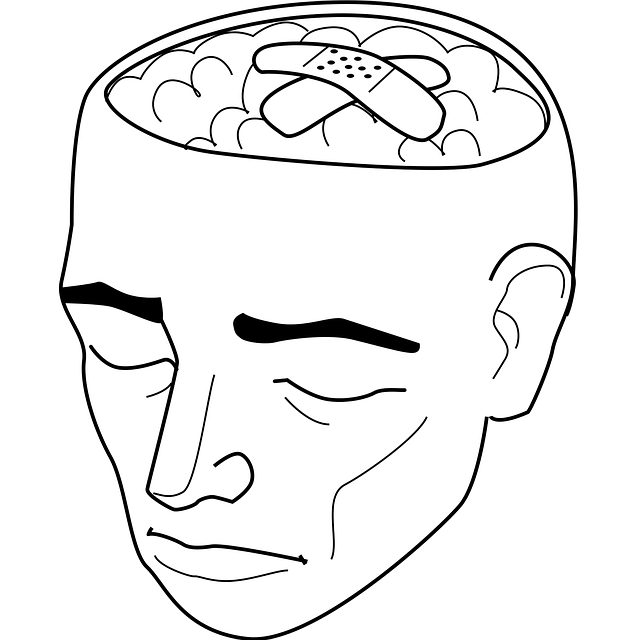Obsessive Compulsive Disorder (OCD) severely impacts young adults, causing distress and impairment in daily life, academics, and social interactions. Early signs like excessive checking and cleaning rituals should trigger therapy seeking. Effective management requires early intervention, tailored treatment plans, and burnout prevention alongside professional care, with mindfulness meditation emerging as a promising tool. Public awareness campaigns for OCD among young adults must dispel myths, reduce stigma, and encourage early intervention using multi-faceted strategies including traditional media, digital platforms, and highlighting cognitive behavioral therapy (CBT) benefits. Measuring success involves clear metrics, continuous support, and providing resources to sustain interest over time, ensuring broader audience reach and comprehensive understanding of mental health challenges among young adults.
Public awareness campaigns play a pivotal role in shedding light on mental health issues, particularly Obsessive-Compulsive Disorder (OCD) among young adults. This article delves into three critical components of OCD awareness efforts: understanding the disorder’s impact, crafting compelling campaigns, and measuring success. By exploring these aspects, we aim to highlight effective strategies for providing therapy and support tailored to young adults grappling with OCD.
- Understanding OCD and Its Impact on Young Adults
- Crafting Effective Public Awareness Campaigns
- Measuring Success and Continued Support
Understanding OCD and Its Impact on Young Adults

Obsessive Compulsive Disorder (OCD) is a mental health condition that significantly impacts young adults, often manifesting as intrusive thoughts and repetitive behaviors. This disorder can lead to substantial distress and impairment in daily life, affecting academic performance, social interactions, and overall well-being. Recognizing the signs of OCD early on is crucial for young adults seeking therapy. Common symptoms include excessive checking, counting, or cleaning rituals, along with persistent intrusive thoughts that cause anxiety.
The impact of OCD extends beyond the individual, influencing their relationships and overall mental health. Burnout prevention strategies and mood management techniques can be beneficial in conjunction with professional therapy for young adults with OCD. Mindfulness meditation has shown promise in reducing symptoms by promoting a sense of calm and awareness, helping individuals gain control over their compulsions. Early intervention and appropriate treatment plans are essential to managing OCD effectively and supporting the emotional resilience of young adults.
Crafting Effective Public Awareness Campaigns

Crafting effective public awareness campaigns for mental health issues like Obsessive Compulsive Disorder (OCD) among young adults requires a strategic approach. The goal is to dispel myths, reduce stigma, and encourage early intervention. A well-rounded campaign should incorporate diverse communication strategies tailored to different audiences, leveraging both traditional media and digital platforms. For instance, a Mental Wellness Podcast Series Production can engage young adults in open conversations about OCD, while targeted social media ads can reach broader demographics with relevant messages on mood management techniques.
Emphasizing the importance of early therapy for young adults struggling with OCD is crucial. Campaigns should highlight the effectiveness of evidence-based treatments like cognitive behavioural therapy (CBT) and expose the long-term benefits of seeking help promptly. By integrating these communication strategies, awareness campaigns can foster a supportive environment where individuals feel comfortable discussing their mental wellness openly, ultimately leading to better access to treatment options like those offered by OCD specialists.
Measuring Success and Continued Support

Measuring success is a critical aspect of public awareness campaigns, especially when addressing mental health issues like Obsessive Compulsive Disorder (OCD) in young adults. The impact of such initiatives can be profound, leading to increased understanding and reduced stigma. Therefore, it’s essential to establish clear metrics for evaluating the campaign’s effectiveness. This may include tracking changes in public perception through surveys, social media engagement, and website analytics. By gauging these factors, organizations can identify what resonates with their audience and tailor future efforts accordingly.
Continuous support is equally vital. Public awareness campaigns should not be one-off events but rather the foundation for ongoing efforts. Organizations can foster sustained interest by offering resources like Stress Management Workshops designed for healthcare providers, Burnout Prevention strategies, and support groups for those living with OCD. These initiatives ensure that the message reaches a broader audience over time, creating a more comprehensive understanding of mental health challenges among young adults and providing them with much-needed therapy.
Public awareness campaigns play a pivotal role in shaping societal understanding of mental health issues, particularly OCD. By educating communities about its symptoms and available therapies, such as those targeted at young adults with OCD, we can foster empathy, reduce stigma, and encourage early intervention. Through continuous evaluation and public engagement, these campaigns can lead to improved access to treatment options like therapy for young adults suffering from obsessive-compulsive disorder, ultimately enhancing the well-being of affected individuals.












